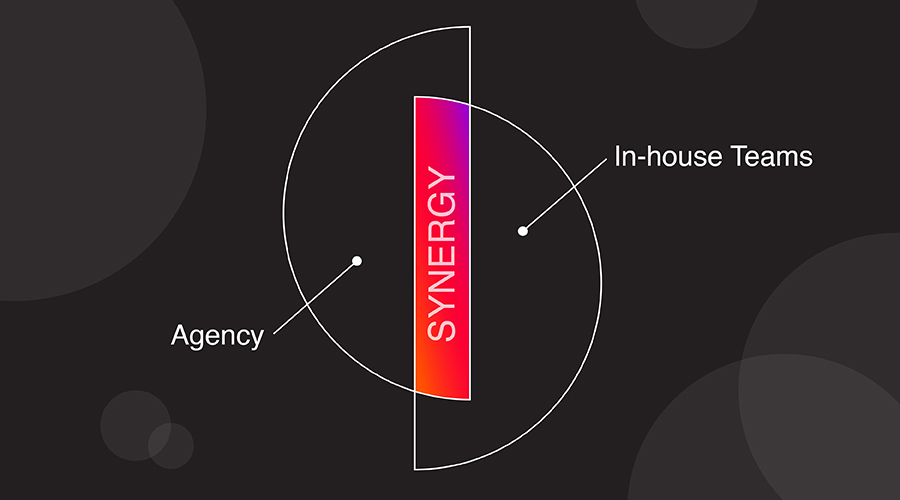Explosion of new generic top-level domains (gTLDs) can enhance brand clarity
If your company has a website, then you have a generic top-level domain, or gTLD. A gTLD is the extension at the end of your domain name. When the Internet was in its infancy, there were only three available gTLDs: .com, .net and .org. Additionally, .edu existed for schools and .gov for government.
Back then it was a lot easier to protect and “own” your brand online by registering your trademark under all three gTLDs. Say, Acme.com, Acme.net and Acme.org.

Today, however, there are 70+ gTLDs available, and the list is about to explode. That’s because a few years ago, the Internet Corporation for Assigned Names and Numbers (ICANN) set out to increase online competition and choice by dramatically expanding the number of valid gTLDs.
Last summer, ICANN revealed a list of 1,930 gTLDs that companies, organizations and entities had applied for—ranging from .academy to .eat to .party to .zone.
Clarity and context
The new menu of gTLDs—which are slated to trickle out starting in 2013—represent a giant opportunity for brands to begin protecting and differentiating themselves. The good, old’ .com faces a run for its money if new gTLDs become desirable to brands, whether to shorten their URLs or to bring more clarity to their services/products.
Consider these possibilities:
- Budweiser.com … to Budweiser.beer
- Visa.com … to Visa.cards
- Titleist.com … to Titleist.golf
- Cubs.com … to Cubs.mlb
Lesser-known brands, too, could trim their URLs and distinguish themselves online:
- DrSmith.com vs. DrSmithDentistry.com vs. DrSmith.dentist
- Newcastle.com vs. NewcastleRealty.com vs. Newcastle.realtor
- MackinawValleyVineyard.com vs. MackinawValley.wine
Bringing contextual relevance to a brand through a topical gTLD not only increases clarity for customers, but also for search engines—a tactic that plays into search engine optimization. Search engines will inevitably factor in the context of a gTLD with search rank.
What do you think? Will these new gTLDs become the norm? And what would happen if brands ignored them? Would they go unregistered? Watch this video to learn more about new gTLDs and ICANN…





